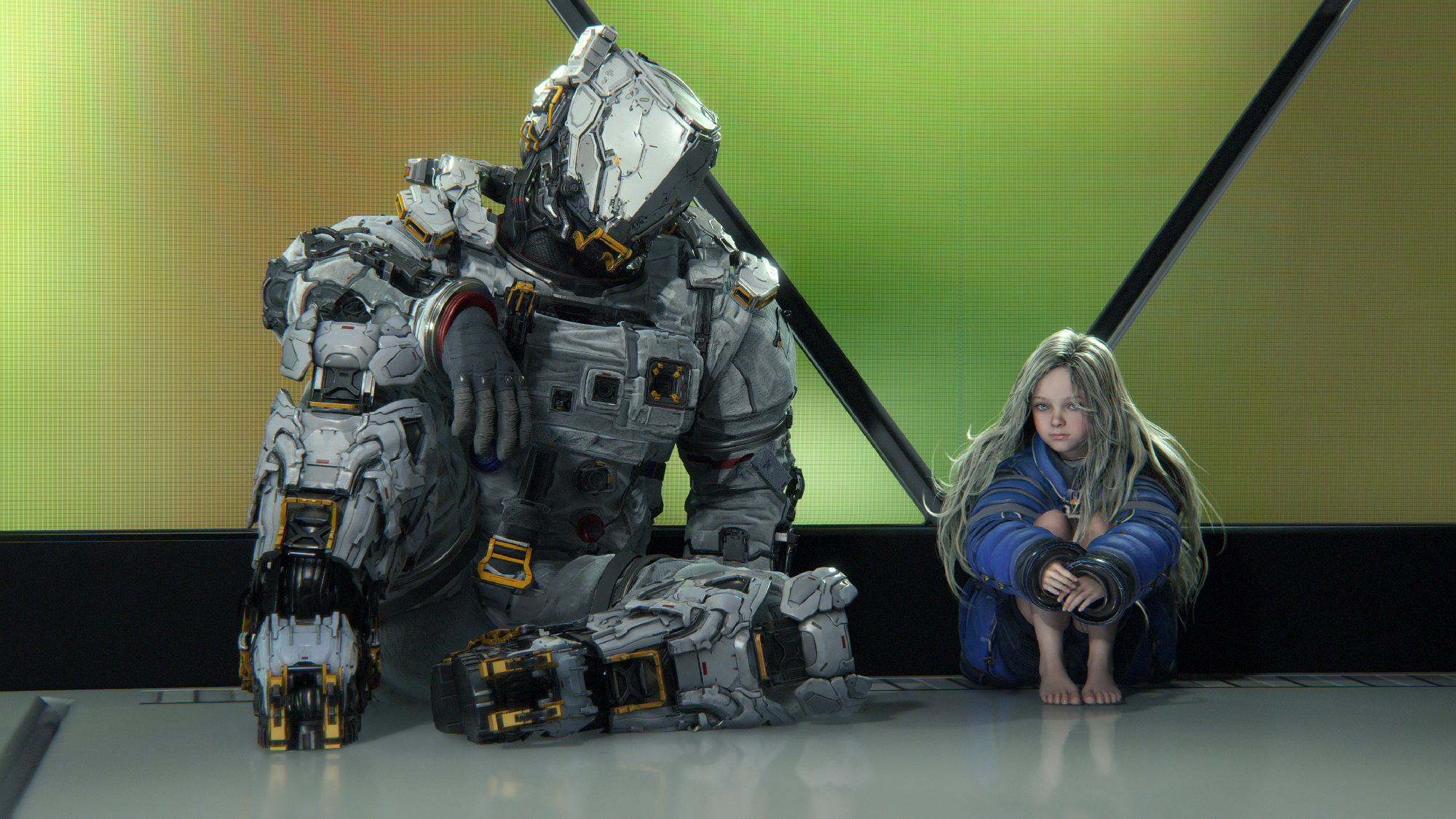
Here at Tom’s Guide our expert editors are committed to bringing you the best news, reviews and guides to help you stay informed and ahead of the curve!
You are now subscribed
Your newsletter sign-up was successful
Want to add more newsletters?

Daily (Mon-Sun)
Tom's Guide Daily
Sign up to get the latest updates on all of your favorite content! From cutting-edge tech news and the hottest streaming buzz to unbeatable deals on the best products and in-depth reviews, we’ve got you covered.

Weekly on Thursday
Tom's AI Guide
Be AI savvy with your weekly newsletter summing up all the biggest AI news you need to know. Plus, analysis from our AI editor and tips on how to use the latest AI tools!

Weekly on Friday
Tom's iGuide
Unlock the vast world of Apple news straight to your inbox. With coverage on everything from exciting product launches to essential software updates, this is your go-to source for the latest updates on all the best Apple content.

Weekly on Monday
Tom's Streaming Guide
Our weekly newsletter is expertly crafted to immerse you in the world of streaming. Stay updated on the latest releases and our top recommendations across your favorite streaming platforms.
Join the club
Get full access to premium articles, exclusive features and a growing list of member rewards.
Pragmata was first unveiled in 2020 during Sony's PS5 reveal stream. I'll never forget sitting awestruck, curious as to what this new title with its sci-fi dystopian chic was all about.
Lucky for me, following nearly five years of delays, I finally got to sink my teeth into Capcom's upcoming title at an event in NYC. Although it was just a short 15-minute demo, the experience allowed me to get a better sense of what Pragmata had to offer. It's already got me giddy for more.
From combat that blends puzzle-hacking with third-person shooting mechanics, to a story that feels like a mix between "Event Horizon" and The Last of Us, it's one exciting thrill ride that could be one of the most unique games of 2026.
A tried-and-true narrative set in the far future
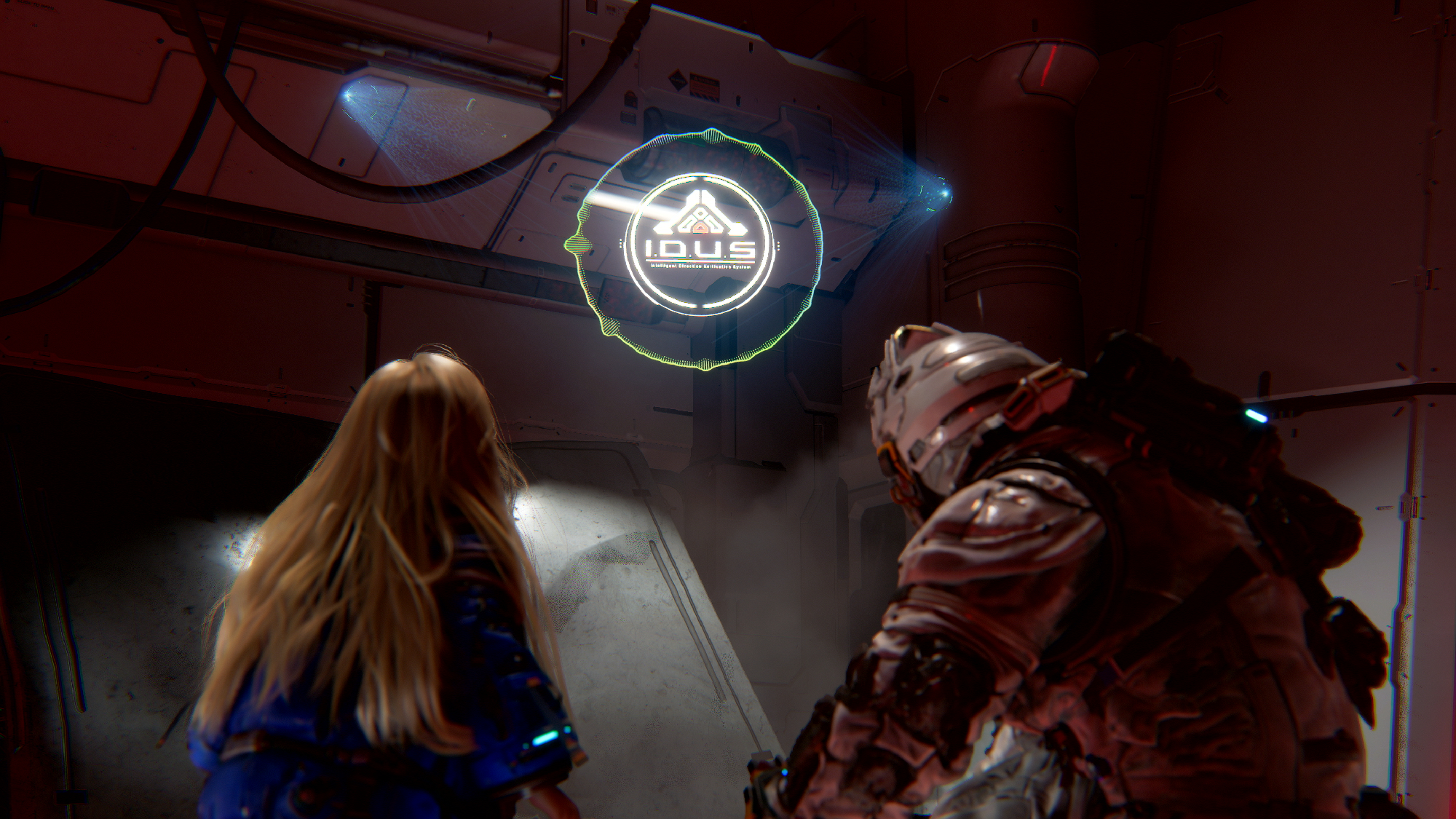
We've seen it time and time again. From The Last of Us to God of War and on to "The Mandalorian," "The Witcher," and even "Logan," these are stories featuring an older, often apathetic male overseeing and protecting a young child. And Pragamata is seemingly no different in that regard.
You play as Hugh Williams, who is a sort of futuristic cop sent to investigate a lunar mining and research facility that mysteriously went quiet. Upon arrival, Hugh gets separated from his comrades when the facility is hit with a lunar quake, rendering him unconscious and badly damaging his suit.
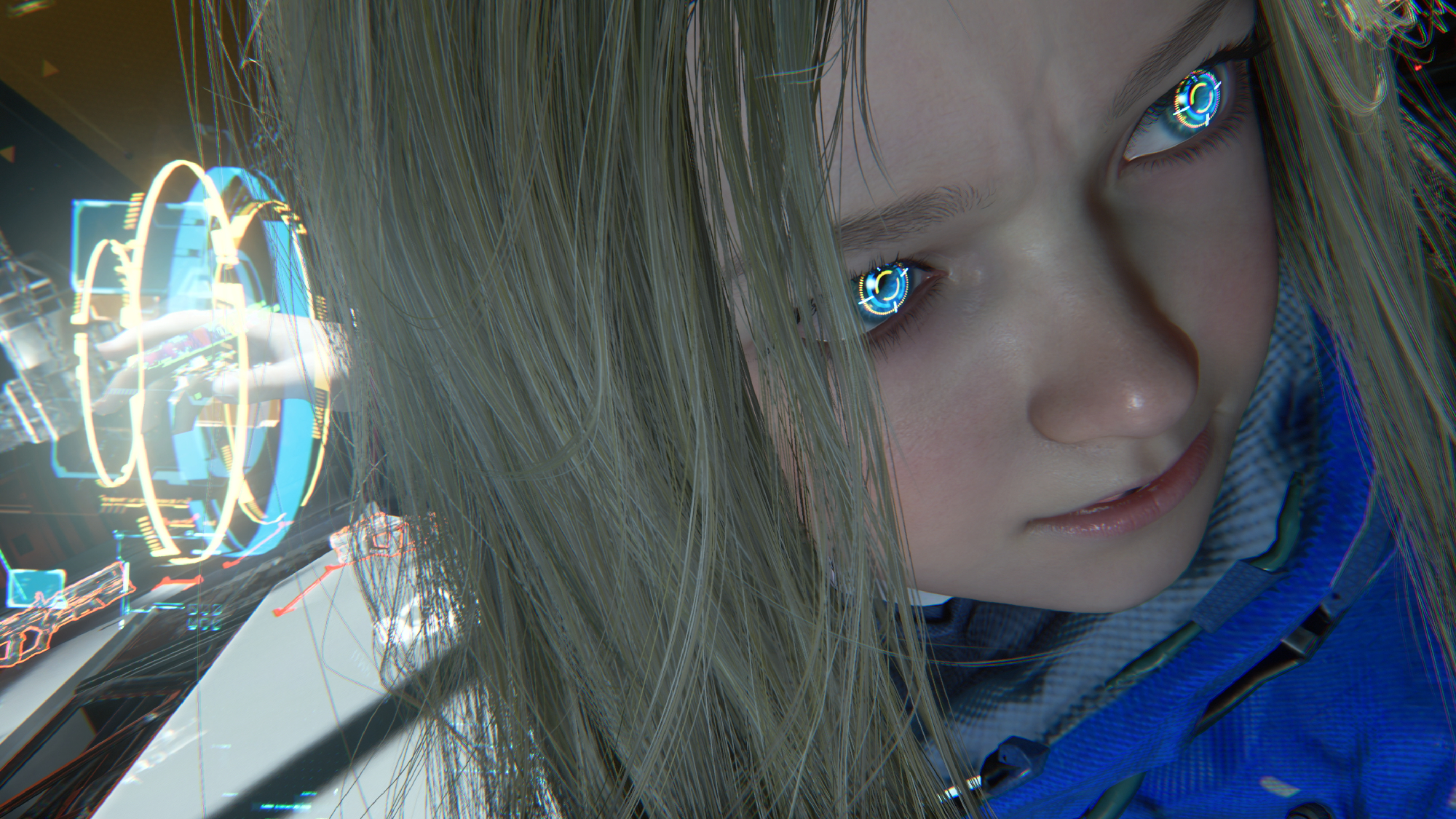
It's here where you'll meet the game's other protagonist, an android named Diana who has the appearance of a seven-year-old girl. Her primary skill is being able to hack devices, such as elevators, terminals, and even robots. Made from a substance named Lunafilament, she's what the game refers to as a "Pragmata."
Diana not only helps Hugh regain consciousness and repairs his suit, but inevitably assists in fending off a variety of robots sent to protect the facility by its autonomous base administrator, IDUS. This is pretty much where the demo picks up, and it allowed me to control Hugh and use Diana's hacking on enemies and the environment.
Get instant access to breaking news, the hottest reviews, great deals and helpful tips.
Working puzzles into combat
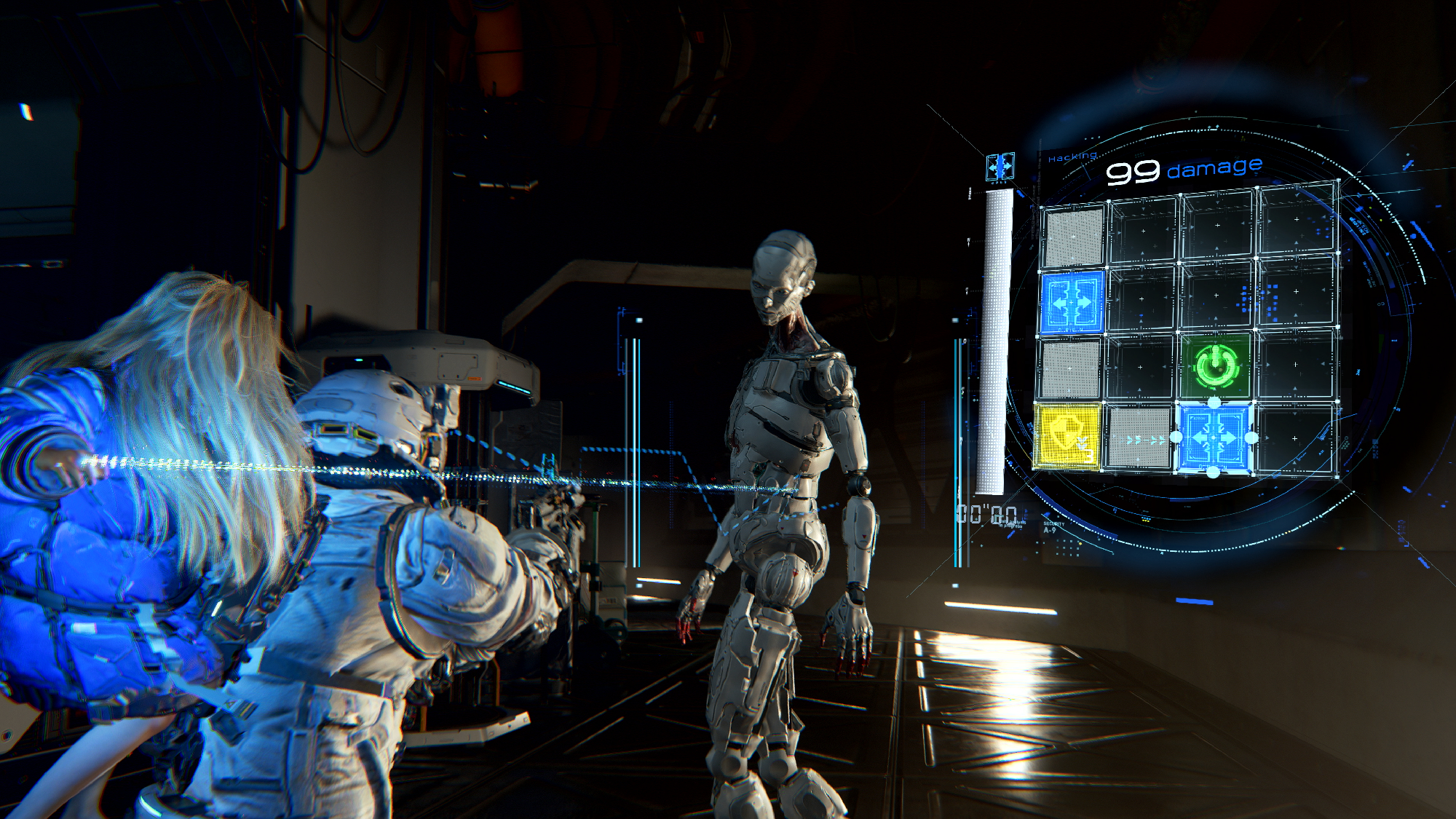
The best way I can describe the combat in Pragmata is "hack-n'-shoot." You can utilize various weapons scattered around the facility, but you start the game with a rechargeable pistol. In the demo, I used a shotgun and a net cannon, but these require ammo caches for prolonged use. The demo was somewhat limited in the amount of ammo available.
Conventional weapons don't do much damage on their own, which is where Diana's hacking comes into play. Pragamata incentivizes you to leverage Diana's powers to take down enemies, which isn't always easy in tighter spaces.
The hacking UI that pops up on the screen hovers next to enemies you're attempting to hack. You use the four face buttons to navigate the grid to reach a green circle, often requiring you to hit other blue boxes along the way.
Later in the game, you'll pick up hacking upgrades that slow down enemies or make hacking much easier. Plus, you'll have to deal with various roadblocks on harder enemies, like impassable red boxes, that can make hacking a little tougher. Hitting those will essentially restart the whole process.
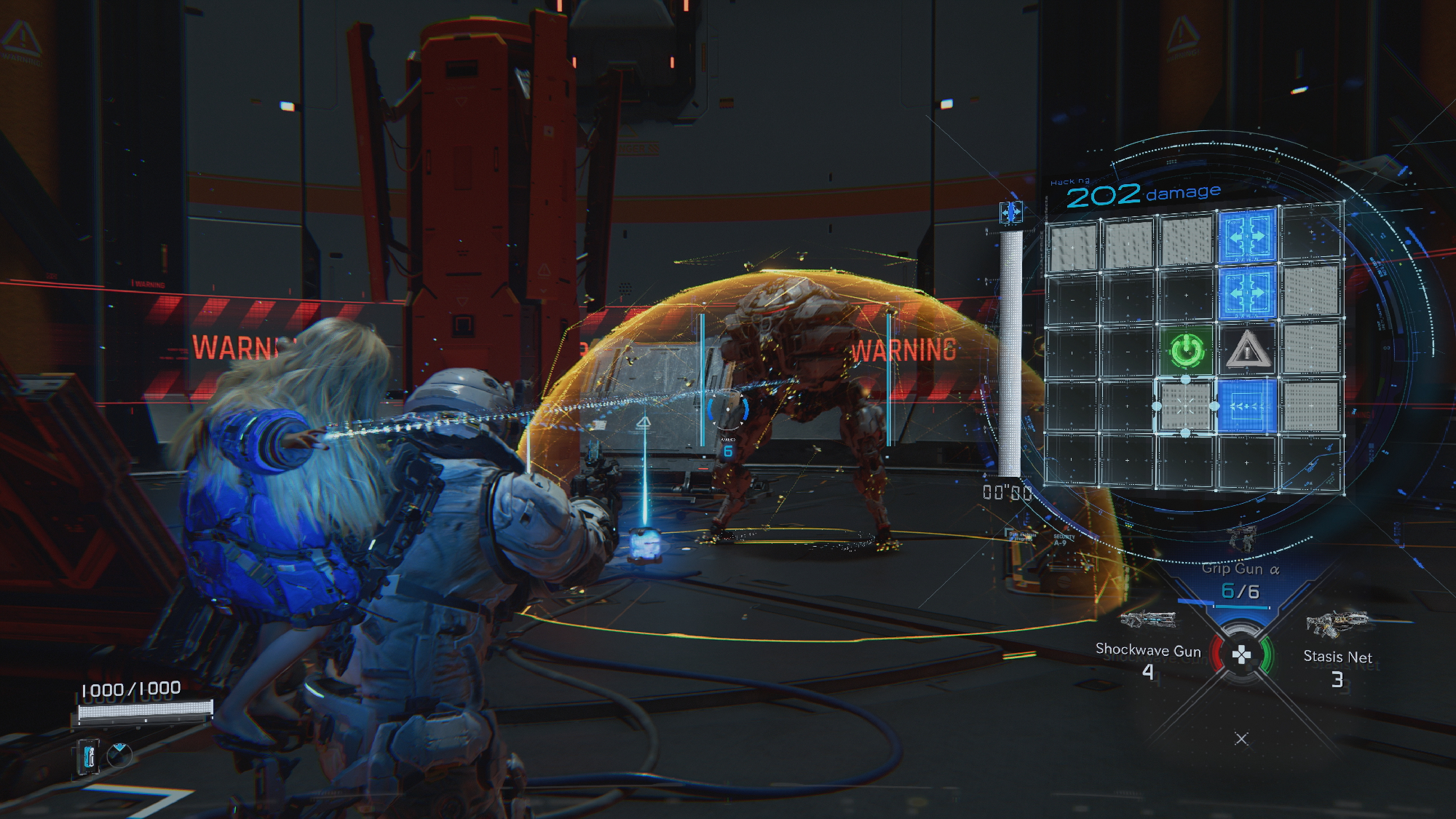
You're also doing this while aiming and shooting foes in front of you. It sounds like you're doing a lot, but it works well in practice. If you're a puzzle fan like me, you'll really enjoy how this game flows, especially in boss battles.
Though it's slightly different, the hacking in Pragmata reminds me of the hacking in BioShock. In that game, you're tasked with flipping over tiles and moving different tubes to reverse the course of electricity from one side to the other. The particular path you take while hacking in the small window during the early portion of Pragamata isn't as important as it is in BioShock, but I'm sure the late game will be a different story.
It's a neat little combo piece with the all-too-familiar shooting mechanics almost every game employs. I feel Pragmata's implementation will be rewarding the more you get used to it.
Traversing the lunar facility to a synth-laden score
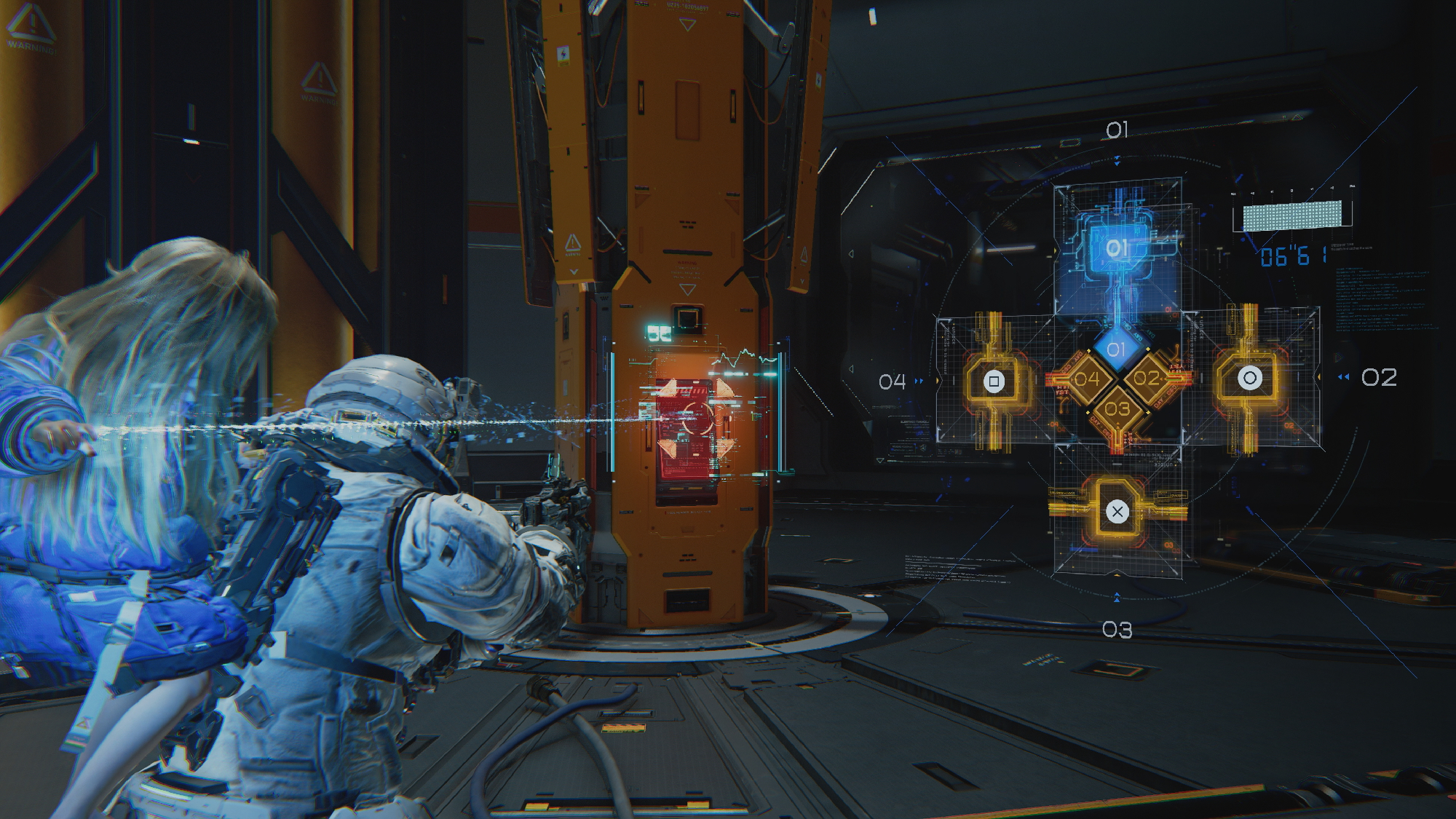
As I mentioned before, Diana's hacking abilities also let you interact with the environment. You'll leverage a hacking mini game to unlock doors and activate elevators so you can progress through the facility. However, these menus look and function differently than when you're in combat.
I like how Capcom differentiated the two hacking menus, and that both are quite fun. I can see some players being turned off by the hacking while in combat, but exploring the facility helps you better understand Diana's abilities and how to use them to your advantage.
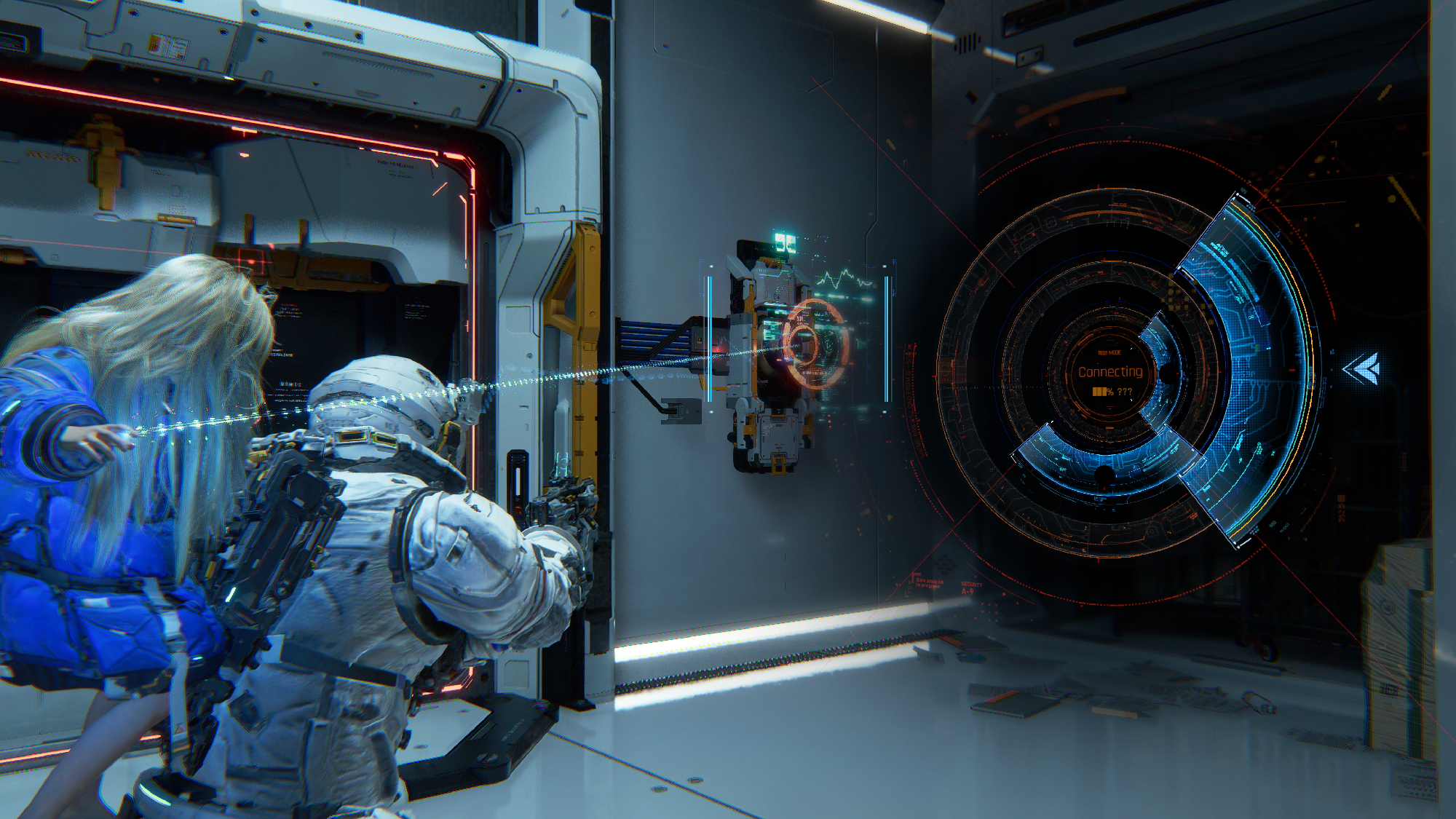
Hugh also has a few boosters he can use to power jump and strafe about the world, making traversal that much more interesting. I often forgot about Hugh's boosters when I was in combat, though, probably because my mind was so focused on the hacking and shooting that dodging with speedy precision wasn't a priority.
Another thing that makes Pragmata stand out is its synth-heavy score that's reminiscent of "Blade Runner" and even earlier Armored Core games. This makes sense, seeing as the final boss in the demo was a giant mech that used close-range rockets and a boosted melee attack that can be devastating if you're not too careful.
One of my most anticipated 2026 games
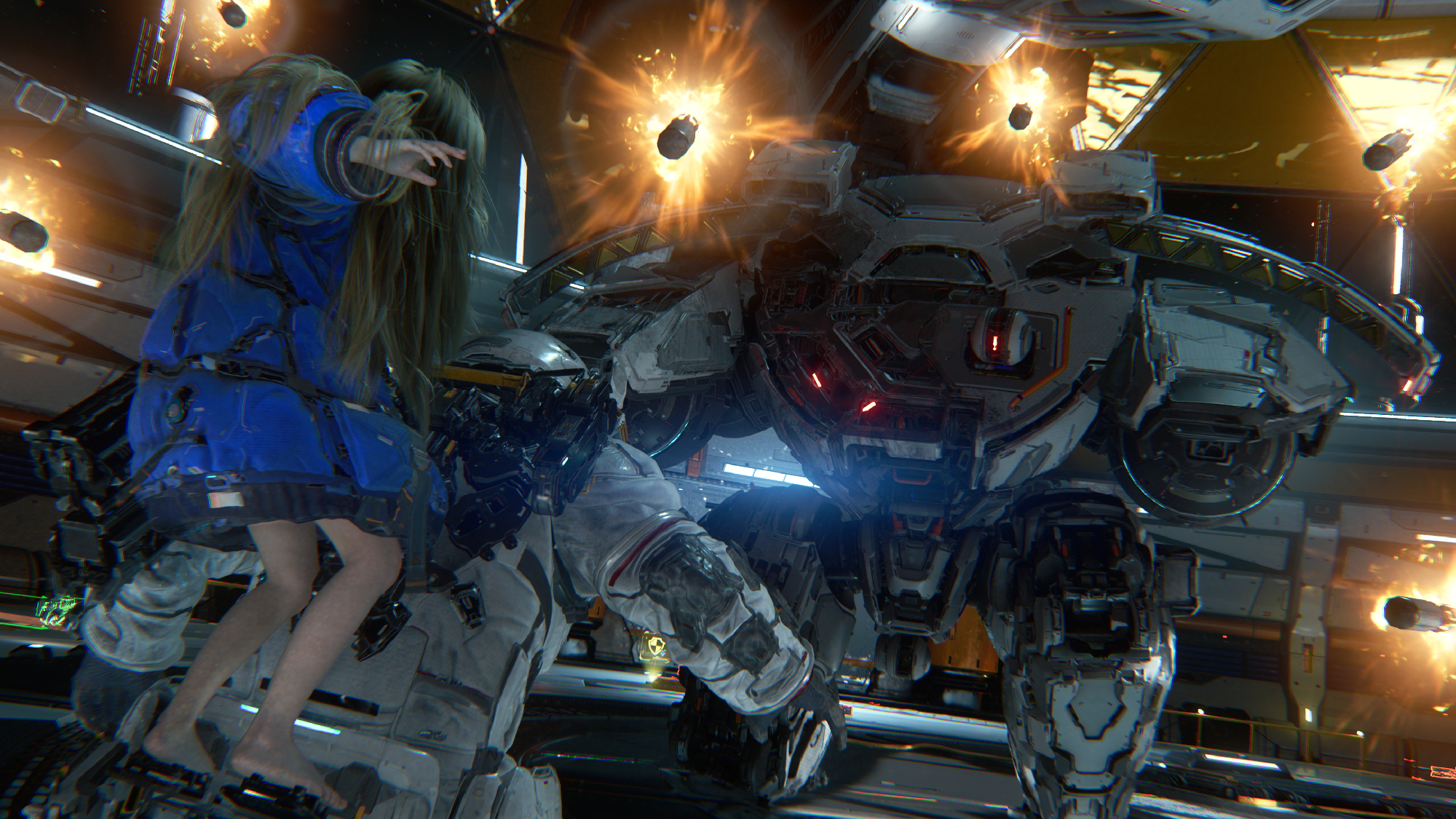
Honestly, I cannot wait to dive back into Pragmata when it releases next year. I asked the folks at Capcom when we could expect an official launch date, but all they told me was a tentative 2026. That has me worried, especially with all the awesome games on the horizon (looking at you, GTA 6).
But if one thing is clear, Pragmata is very original. It lends itself to a whole new, fascinating gameplay loop set in a world that's rife with intrigue. If the gaming industry needs anything right now, it's more original IPs that take risks like Pragmata, and I'm sold on everything it has to offer so far.
Follow Tom's Guide on Google News to get our up-to-date news, how-tos, and reviews in your feeds. Make sure to click the Follow button.
More from Tom's Guide

Ryan Epps is a Staff Writer under the TV/AV section at Tom's Guide focusing on TVs and projectors. When not researching PHOLEDs and writing about the next major innovation in the projector space, he's consuming random anime from the 90's, playing Dark Souls 3 again, or reading yet another Haruki Murakami novel.
You must confirm your public display name before commenting
Please logout and then login again, you will then be prompted to enter your display name.
 Club Benefits
Club Benefits










